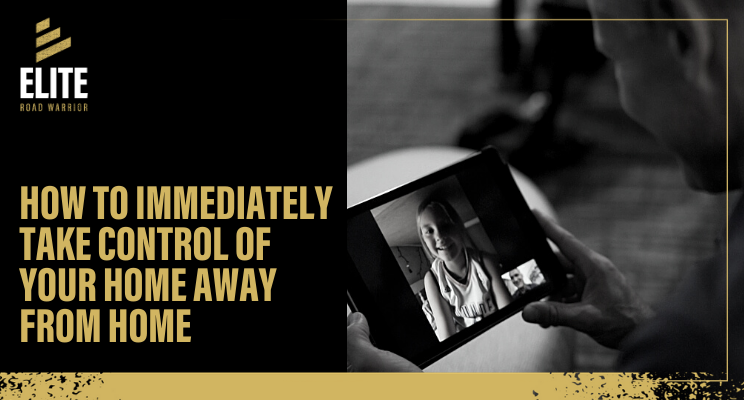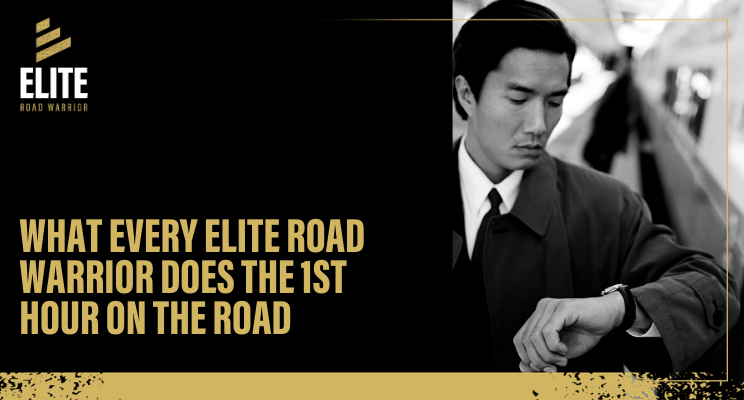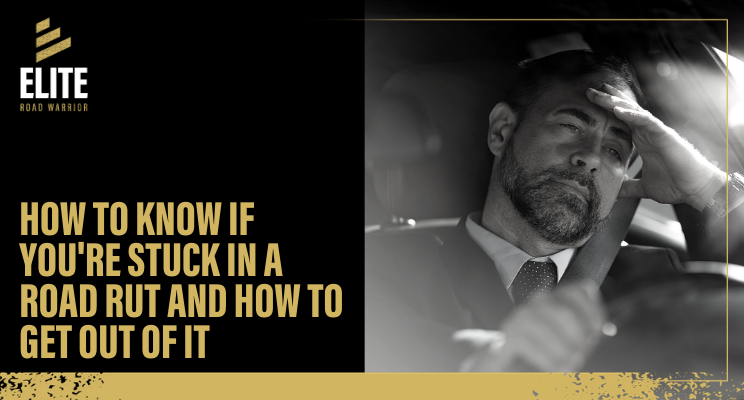Nothing like offending the reader right out of the gate by telling you You’re NOT an elite road warrior yet.
It reminds me of my favorite highly educational and cerebral movie (ha ha), Dumb and Dumber where Jim Carrey is talking to the love of his life and asking her what were his chances with her.
Mary Swanson : I’d say more like one out of a million.
Lloyd Christmas : [long pause while he processes what he’s heard] So you’re telling me there’s a chance.
So, I’m definitely telling you there’s a chance and I want you to have the optimism and commitment of Lloyd Christmas in Dumb and Dumber.
I love the word ELITE.
You hear it in the sports world.
You hear it in the business world.
But until now, we’ve not heard it associated in business travel and with the Road Warrior.
My Definition of an Elite Road Warrior
Does what it takes, no matter what, to be at your best in your work / health / home life while on business travel.
So, with that lofty aspiration, there are …
Top Five Reasons Why You’re NOT an Elite Road Warrior Yet…
(with the emphasis on the word YET)
1. We hate to miss out on anything
It’s easy on the road to get pulled in / sucked in / pressured in / easily persuaded into about everything
- Food – appetizers / fattening food / desserts
- Drinks – soda / energy drinks / alcohol
- Events
- After Parties
It’s FOMO – fear of missing out and that’s exactly the issue. The problem though is we simply prefer instant gratification. The benefit of the here and now and we can easily justify it.
2. We’re just too busy and too tired
As a result of hating to miss out on anything, we become incredibly busy and always on the go. When that happens, we’re just too tired.
Too busy and too tired to do the habits that will ultimately allow us to become an elite road warrior.
3. We’re too set in our ways
If you’ve been on the road for any length of time, you have YOUR WAY of doing things on the road.
We just do our deal. I call it our Road Thing. We do whatever the day on the road tells us to do.
Change is hard in general, and then when you combine the road being hard, it’s just easy to get set in your way of doing things.
But if “your ways” are not producing great results and leading you to becoming who you want to be, then it’s a problem.
4. We don’t have a plan
We may have a plan for our trip:
- our travel schedule
- our meetings
- dinners or events
But we don’t have a plan for the habits that are going to move the needle on moving from the Exhausted Road Warrior or the Existing Road Warrior to the Elite Road Warrior.
Our lack of plan becomes our plan and how’s THAT working out for you?
5. We didn’t know it was possible
Too often we just do our Road Thing because it’s the only thing we know.
When we’re unaware of a “better way” we just do what we’re comfortable with and used to. It’s easy and natural.
But when you hear of a better way, does that peak your interest? If so, you don’t have to be stuck just existing or exhausted on the road.
Whether you realize it or not, you have a certain energy level that you’ve developed on the road.
Is your status as good as you think it is or even hope it to be?
If you’re reading this blog, there’s a good chance you want to improve your road life.
Maybe you’re one or more of the following:
- In the worst shape of your life right now
- Stressed and overwhelmed
- Always tired or even exhausted when you come back home
- Disconnected with those back home far more than you want to be
You don’t have to stay the way you are on the road. You can change. You can stop limiting the road and what it can’t do for you and begin to leverage the road for what it can do for you.
So, How do you become an ERW (Elite Road Warrior)?
1. Committing to the three focus areas of an ERW:
Let’s circle back to my Definition of an Elite Road Warrior: Does what it takes, no matter what, to be at their best in their work / health / home life while on business travel.
Too many business travelers are average at best in just one or two of those areas. It may be Work and that’s it. Or Work and kinda your health or work and your home life is okay but you’re not connected at a deep level if you even know what is possible.
I came to a point where I just “had enough.”
- Tired of how I look in the hotel mirror
- Tired of not performing at a level I knew I could do on the road
- Tired of no energy
- Tired of feeling distant from my family
I needed to change and the commitment was to the three focus areas of an Elite Road Warrior:
- Work
- Health
- Home Life
2. Developing the 6 Energy Habits
This is how you become an ERW – by integrating the six energy habits into your Road Life.
Here are the six. Three are Physical Energy Habits and Three are Mental Energy Habits:
The Physical Energy Habits:
1.Move
2. Fuel
3. Rest
The Mental Energy Habits:
4. Perform
5. Develop
6. Connect
The way they integrate with the Three Focus Areas:
Work – Perform / Develop
Health – Move / Fuel / Rest
Home Life – Connect
And these 6 Energy Habits are the basis for my upcoming book called Elite Road Warrior – Transform Your Work, Health, and Home Life on Business Travel.
You may feel like you’re close or possibly a LONG way away right now from being an ERW.
Either way, my book, podcast, and this blog are all designed to move you to implement 6 Energy Habits within the three key focus areas of Work / Health / Home Life.
We can do this together.





